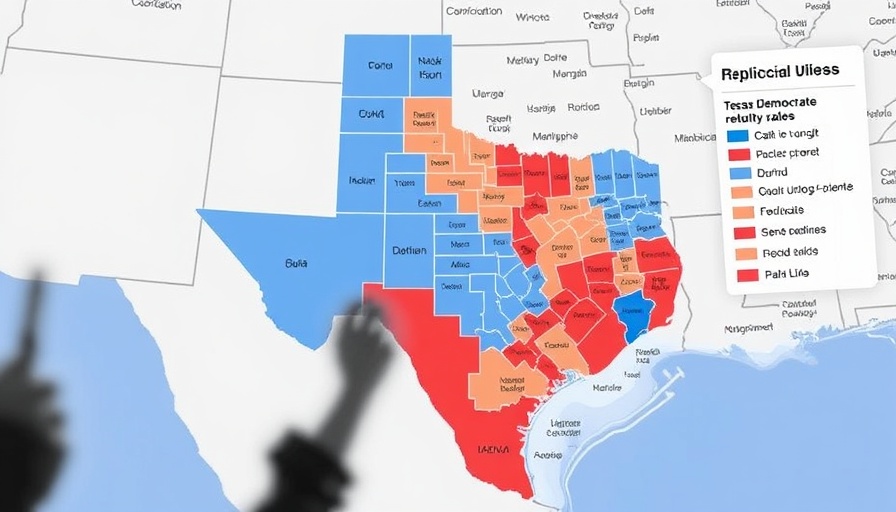
Understanding the Impacts of the New Tariffs on Local Businesses
As President Trump's 50% tariffs on steel and aluminum roll out, local businesses like False Idol Brewing in North Richland Hills face significant changes. The brewing company depends on aluminum cans, a product that will see price increases due to upcoming tariffs. Co-founder Brandon Pitzer reflects on the uncertainty surrounding these tariffs, noting that their immediate effects may be tempered by existing stockpiles. Still, the looming increase necessitates strategic planning for the future.
Anticipating Cost Changes: A Balancing Act for Small Producers
Pitzer explains the challenges that come with operating a small business. "You've got to navigate it and be flexible," he states. Small businesses often operate at a disadvantage when it comes to purchasing costs compared to larger companies. With impending price hikes expected in 60 days, small producers must stay agile. They should be ready to pass on higher costs to consumers or seek cost-effective solutions to minimize the impact.
Legal Uncertainties and Future Predictions
The legal landscape around these tariffs adds a layer of complexity. Legal expert Michelle Schulz from Schulz Trade Law says ongoing litigation could lead cases up to the Supreme Court, a process that could prolong the economic uncertainty. Businesses are advised to plan for various scenarios, embodying the old adage: 'hope for the best, prepare for the worst.' The volatile business environment calls for innovative strategies to mitigate costs while maintaining quality.
The Larger Picture: Tariffs and Their Economic Ripple Effects
These tariffs don’t exist in a vacuum. As they affect local businesses directly, they also have broader implications for the overall economy. Increased costs on materials will likely be passed to consumers, potentially leading to higher prices for a range of products. This could impact consumer spending habits, ultimately slowing down economic growth. The interplay between tariffs, legal battles, and consumer economics reflects significant issues at the heart of the current U.S. trade policy.
Emotional Impacts: The Human Side of Tariffs
For small business owners, tariffs can stir anxiety and uncertainty. Pitzer’s sentiment echoes across the restaurant and brewing industry: the challenge is not just financial; it’s personal. Employees and customers alike feel the repercussions of these economic decisions, leading to heightened emotions around what was once a stable business operation. As owners approach this turbulent atmosphere, their focus remains on resilience and adaptability.
Community Responses: Navigating Together
Local businesses in Ft. Worth and surrounding areas are coming together to share insights and support each other through this tumultuous time. Collectively brainstorming solutions may yield more sustainable strategies for coping with the anticipated rise in costs. Such community connections represent a crucial lifeline, as small businesses feel the squeeze more intensely than their larger counterparts.
As the situation evolves, it is vital to stay informed about potential changes in tariff legislation and their implications for local businesses in Ft. Worth. Understanding the broader impacts of these decisions not only prepares businesses but also strengthens community bonds in uncertain times.
 Add Row
Add Row  Add
Add 




Write A Comment